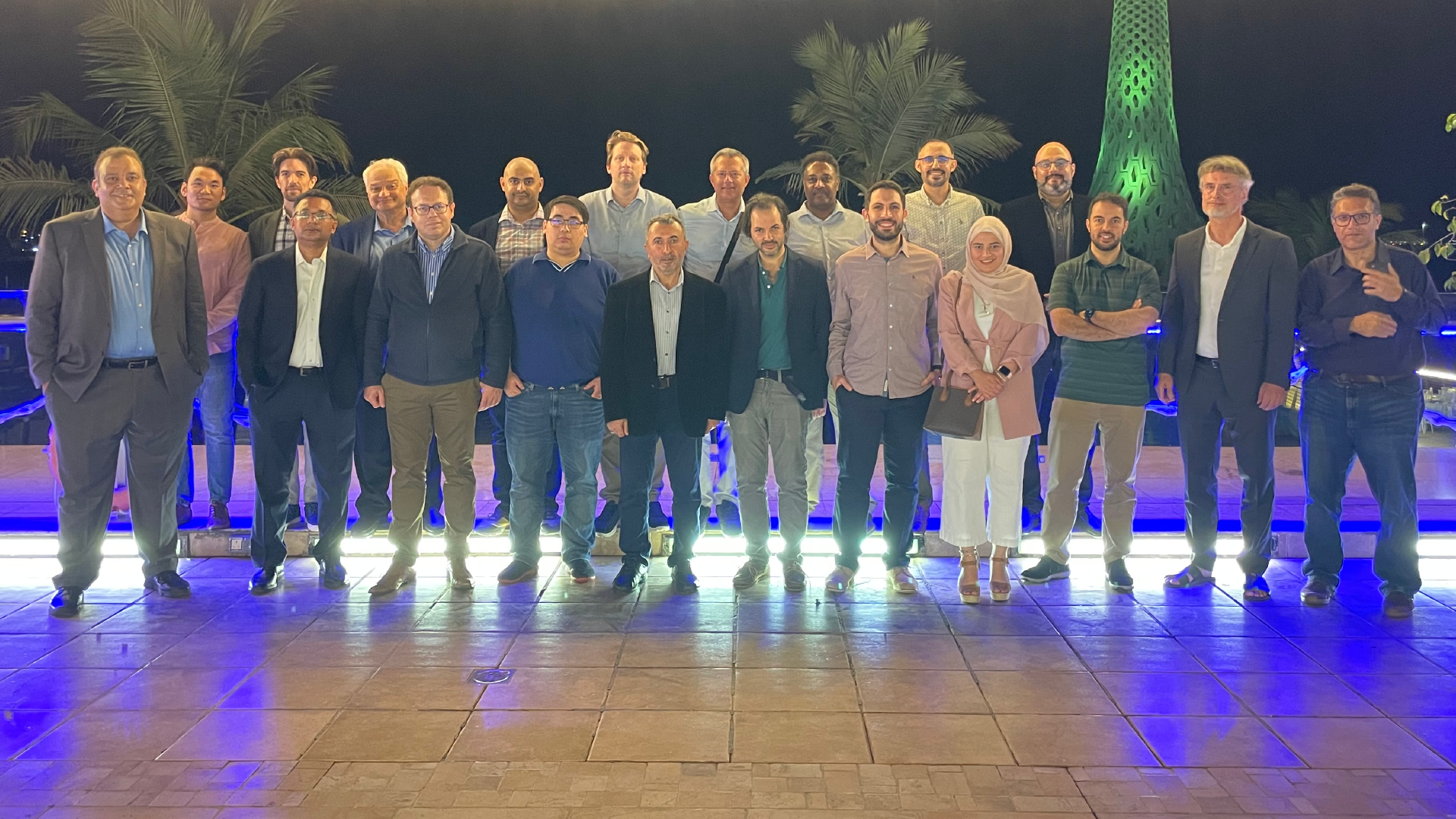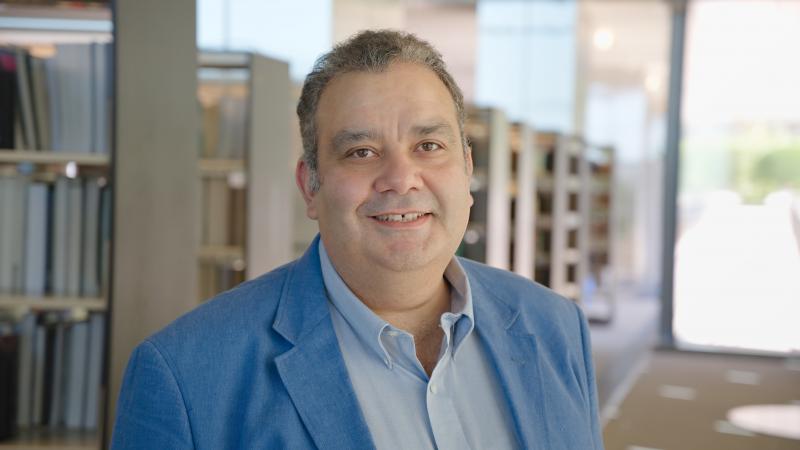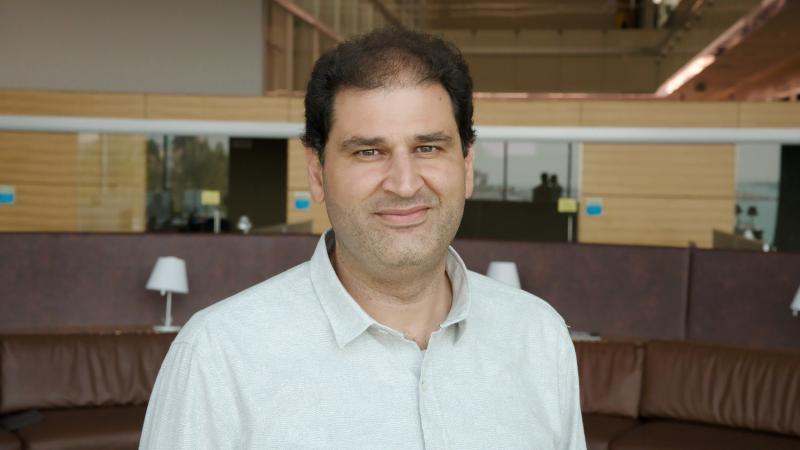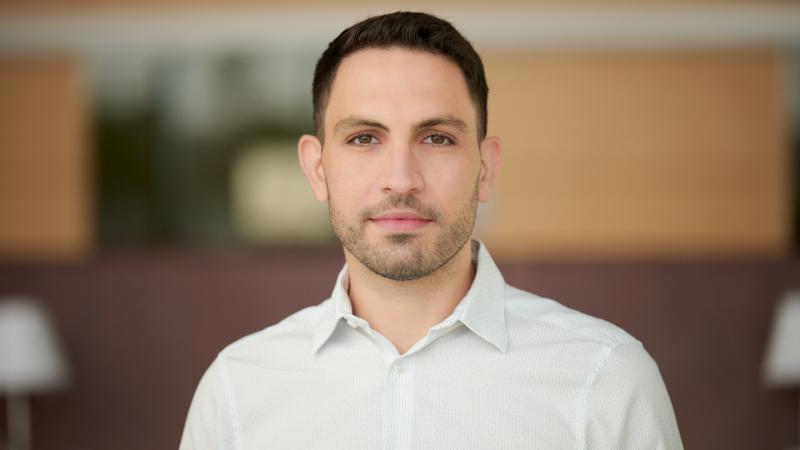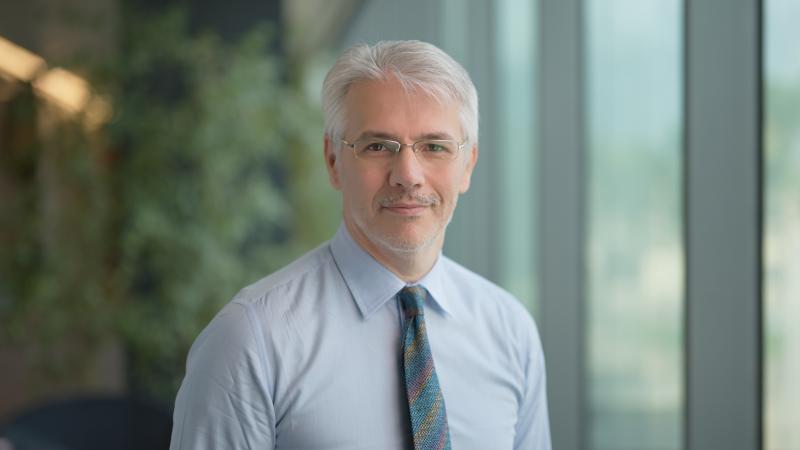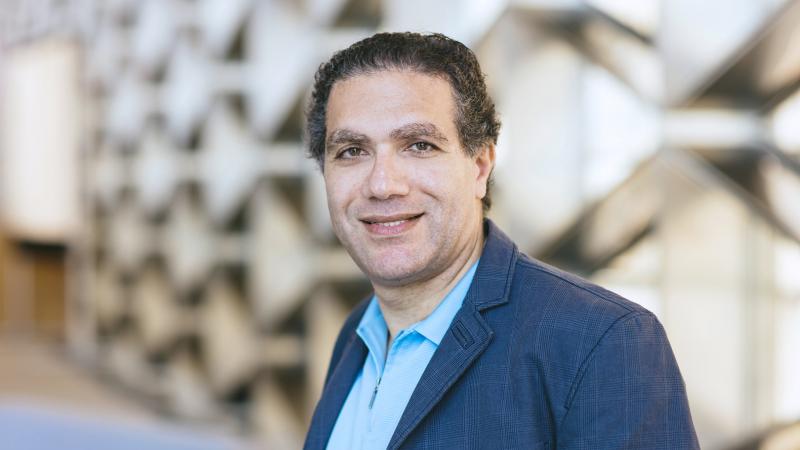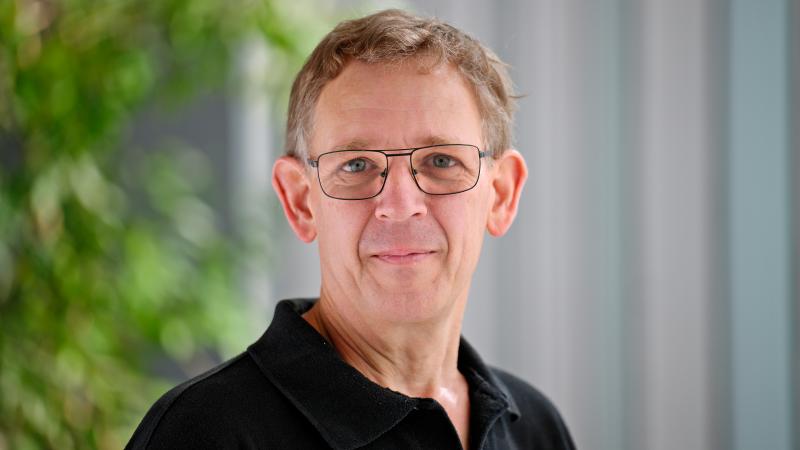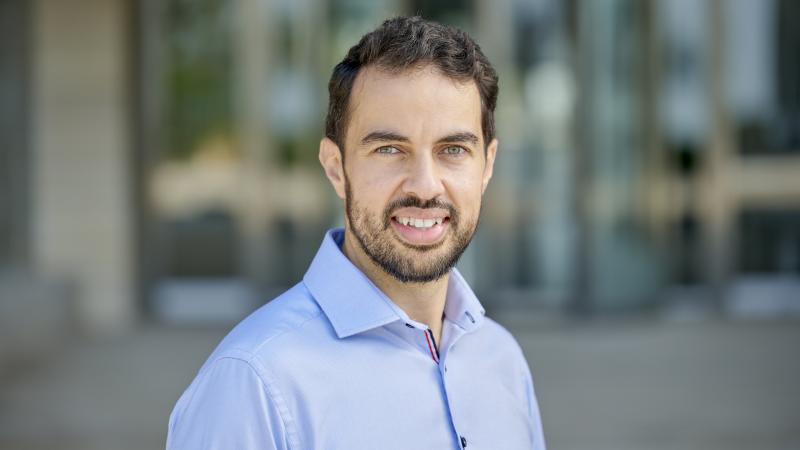By David Murphy
During the past three decades, semiconductors, computing and communications theory advances have fueled exponential growth in computing and communication technologies.
New communication systems models and applications are poised to transform whole industries, such as the Internet of Things (IoT), augmented reality, virtual reality, autonomous driving and vehicle-to-everything (V2X) communication.
While AR/VR and autonomous driving applications require voracious bandwidth and extremely low latency, IoT systems demand relatively lower bandwidth; however, at high levels of reliability and efficiency.
The distributed nature of these applications presents a challenge to existing approaches that consider only the cloud and the very edge of the network access. Dynamic range specifications must span orders of magnitude to support these new scenarios.
In the past, cloud computing has offered highly scalable, low-cost computing resources, although it has several drawbacks, including latency in sending and receiving data. Due to these limitations, heterogeneous, distributed edge computing and communication have been adopted rapidly. In addition to creating massive adaptability, these innovations also create an exponentially expanding design space that is difficult to observe, control, secure and predict.
At the core of the recent KAUST Embedded and Cyber Connected Systems (ECCS) Workshop was the need to adopt, predict and understand the next generation of embedded and cyber-connected systems, architectures and platforms.
The KAUST ECCS Workshop
The on-campus workshop, held from November 27 to 28, was organized by KAUST Professors Ahmed Eltawil, Charalambos Konstantinou and Khaled Nabil Salama. The workshop brought together a host of international and University experts to exchange their expertise; they also covered future challenges in designing systems that can scale efficiently while operating securely and resiliently.
A host of topics related to embedded and cyber-connected systems were covered throughout the workshop, including methods of improving hardware and software security and resilience by construction.
The main theme of the workshop was cyber-physical systems and neural networks, where methods of formal verification, security and resilience were discussed. The forum concluded with discussions centered around state-of-the-art applications, including autonomous driving, flood detection and free-space optical communication.
KAUST speakers at the event included: CEMSE Dean, Professor Gianluca Setti, Professor Marc Dacier, Professor Ahmed Eltawil, Associate Professor Suhaib Fahmy, Assistant Professor Charalambos Konstantinou, CEMSE Associate Dean, Professor Khaled Salama and Professor Basem Shihada.
From NEOM, attendees included Mansoor Hanif, Executive Director of Engineering in the Technology & Digital sector at NEOM and Dr. Jafar Elmirghani. Dr. Hanif gave a keynote speech about NEOM.
International speakers included: Professor Mohammad Al Faruque, University of California, Irvine, U.S.; Professor Christian Claudel, the University of Texas at Austin, U.S.; Professor Ozdal Boyraz, University of California, Irvine, U.S.; Professor Fadi Kurdahi, University of California, Irvine, U.S.; Professor Panagiotis Katsaros, Aristotle University of Thessaloniki, Greece; Professor Yasser Shoukry, University of California, Irvine, U.S.; and Professor Haralampos Stratigopoulos, Sorbonne Université, France.
Speaker highlights
The following is a selection of comments from the ECCS Workshop’s organizers and participants.
Prof. Ahmed Eltawil: “The workshop was a great success and created a perfect venue for academic dialog amongst the delegates and the KAUST community. The event featured numerous opportunities for discussions and explorations that are bound to lead to interesting and novel discoveries.
“These kinds of interactions are at the core of academic collaboration and act as a catalyst for innovation and discovery.”
Prof. Charalambos Konstantinou: “I would say yes, the workshop was a great success. The expertise [came] from different areas, but all focused on the workshop topic, i.e., embedded and cyber-physical connected systems.
“It provided a fantastic experience to showcase the state-of-the-art research we do at KAUST and also understand the challenges in this area that renowned researchers from Asia, Europe and the U.S. are trying to address. I believe the workshop will lead to further collaborative opportunities.”
Prof. Khaled Nabil Salama: “The event was a huge success in bringing researchers from all over the world to exchange ideas in person after a few years of the pandemic. The workshop opened the door for new collaborations and showcased some of the exciting research happening in KAUST.”
Prof. Gianluca Setti: "The ECCS Workshop provided a platform for leading experts to collaborate and share their expertise in the field and sharpen the focus on the challenges ahead as we move forward to design more secure, efficient, and resilient systems. At CEMSE we believe that scientific collaboration is a key enabler for fast technology advancement, and workshops such as ECCS are the perfect tool to foster that."
Professor Stratigopoulos: "The workshop brought together an international group of researchers and was an excellent occasion for exchanges and collaboration building. Visiting KAUST for the first time, I was impressed by the lab facilities, campus and international environment. I would certainly recommend, without reservation, that talented youth and researchers around the world to pursue their studies at KAUST."
